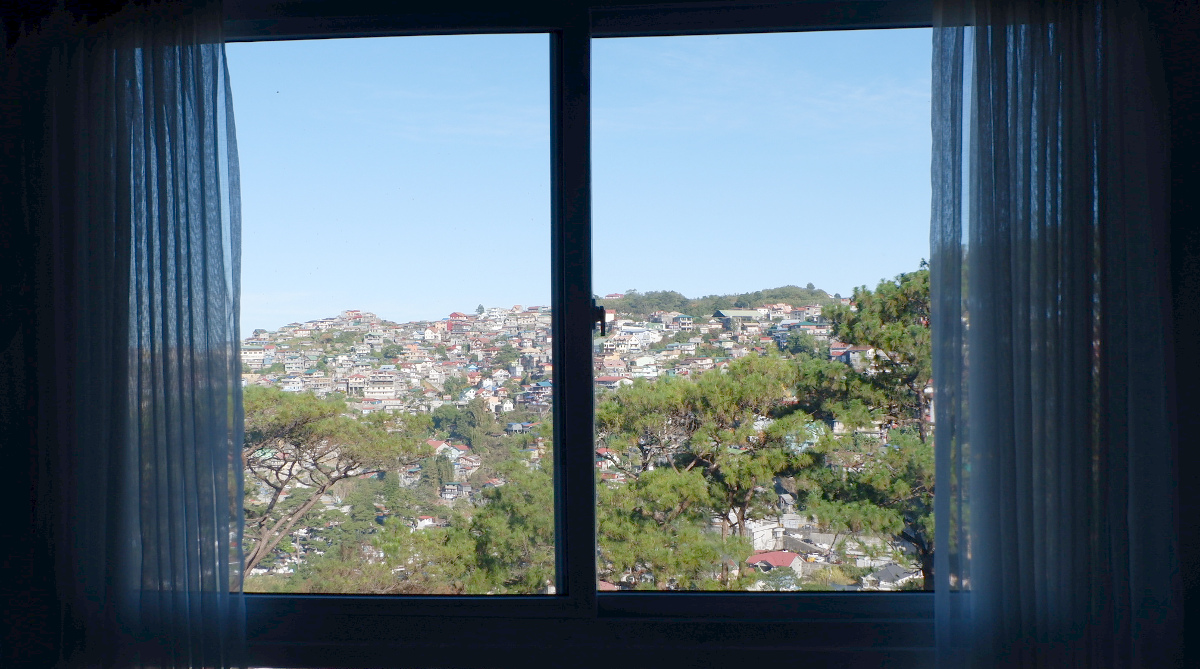 Comillas Pontifical University in Madrid has been run by the Society of Jesus in Spain since 1890. Their Clinical Psychology Unit (UNINPSI) recently released Guidelines for Psychological Care During Quarantine Time in Religious and Priestly Life. These guidelines–which cover common life, personal life, prayer life, and outward life pertaining to apostolate and mission work–offer sensible and encouraging advice. It is applicable too for lay people, indeed all of us living under quarantine in these times of crisis.
Comillas Pontifical University in Madrid has been run by the Society of Jesus in Spain since 1890. Their Clinical Psychology Unit (UNINPSI) recently released Guidelines for Psychological Care During Quarantine Time in Religious and Priestly Life. These guidelines–which cover common life, personal life, prayer life, and outward life pertaining to apostolate and mission work–offer sensible and encouraging advice. It is applicable too for lay people, indeed all of us living under quarantine in these times of crisis.
To help us adjust to this “new scenario of co-existence” the document opens with three essential guideposts. First, to understand the reality we are living and its implications but “without generating unfounded alarm dynamics”. Second, to stay informed with official and truthful information–and to avoid over-information and oversaturation that can backfire on us and instead cause anxiety. And third, perhaps the most urgent of all, to follow the rules and regulations of official bodies.
Common life
Spending more time with community may highlight our individual differences, but this is an opportunity to have understanding for the different reactions of people. Collaborate in planning how to live community life. Common prayer, sharing in household chores, and partaking in leisure activities (like movies, board games, reading) favour positive space and provide some distraction.
Pass on information wisely and constructively. Avoid unfounded rumours. Constantly talking about the issue can cause fear to grow and affect our peace of mind. Limit the amount of time spent receiving news to two hours a day at three different times, and then carry on with other activities that promote well-being. Talk about different things: there are diverse topics that can be discussed, now with more time for listening and reflection. And remember to keep a sense of humour!
Personal life
Life continues, although differently. With this new-found free time, we can perform activities that help generate positive thoughts and emotions, such as reading, deepening in some topic of interest, and taking personal notes and reflection. Develop a personal planning schedule to maintain a certain level of activity.
Exercise, sports and other physical activities, like manual work, as well as relaxation exercises activate the mind and body. It can help reduce sadness or anxiety, and increase the feeling of well-being. Exercise should be combined with a healthy diet (anxiety goes straight to the stomach, UNINPSI cautions) and exposure to sunlight.
Respect the personal space and time of others. We all need moments for loneliness, silence, and personal autonomy. We can work on cultivating understanding, kindness, patience and forgiveness. In this season of Lent, we need to fast from grudges, envy, quarrels, criticisms, and disaffection.
Take care of our most fragile companions. They may feel vulnerable and fearful but are afraid to express it. Without insisting, we can be caring and available, with humility and discretion, for what they may need. If we are the ones needing care, do not to hesitate to communicate it. It is a gesture of responsibility to the people with whom we live.
Prayer life
Lent invites us to look at this situation with the deep eyes of faith. Prayer, fasting, and penance continue to lend themselves to creativity. This is a chance to enhance spiritual reading, personal reflection, and prayer life. In our communal and personal prayers, we are called to entrust with special attention the lives of those who are suffering from the disease, to pray for their families, who may not be able to accompany them, and to pray for the healthcare workers and other professionals who are working hard for our common good.
In places where the Eucharist or other sacraments cannot be participated in communally, now is the time to experience in a new way the Liturgy of the Hours. It is also a good time for spiritual conversation, simply by asking how we are living this new reality. There are many resources on social media to help us feel sustained and accompanied by the prayer of the whole Church.
Outward life
Confinement does not limit us from continuing to participate in our apostolates and mission. Even our virtual presence can be very important for people who feel alone and isolated. Technology helps us stay connected to people in our apostolic work, especially the older and more vulnerable ones, colleagues within and outside our religious communities, and family members. Talking to them about how we are dealing with this new reality can help them and us, too. Instead of physical contact, we can still reach out with video calls. We can also start groups or networks for sharing useful and accurate information, and open virtual spaces for prayer and support.
Even with life under quarantine, may we all find a place of “encounter, tranquillity, closeness and freedom”.
To read the full text of the Guidelines for Psychological Care during Quarantine Time in Religious and Priestly Life, click here.

